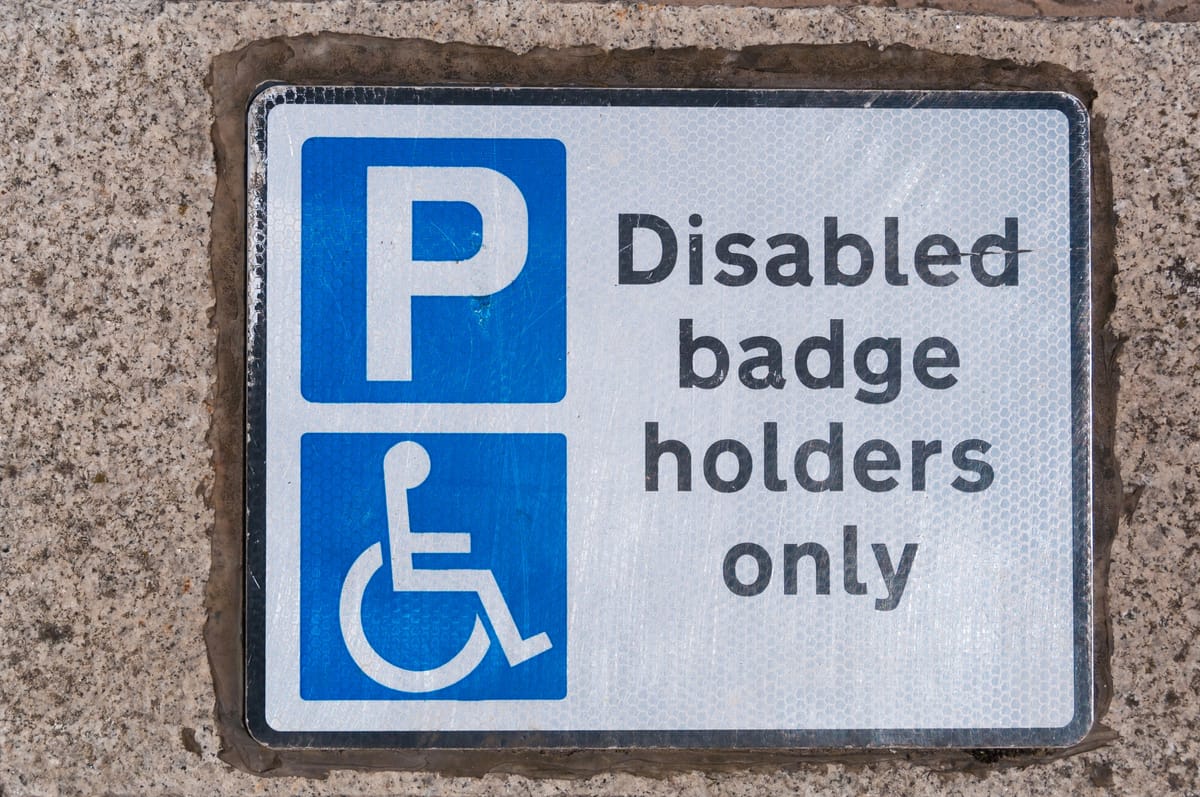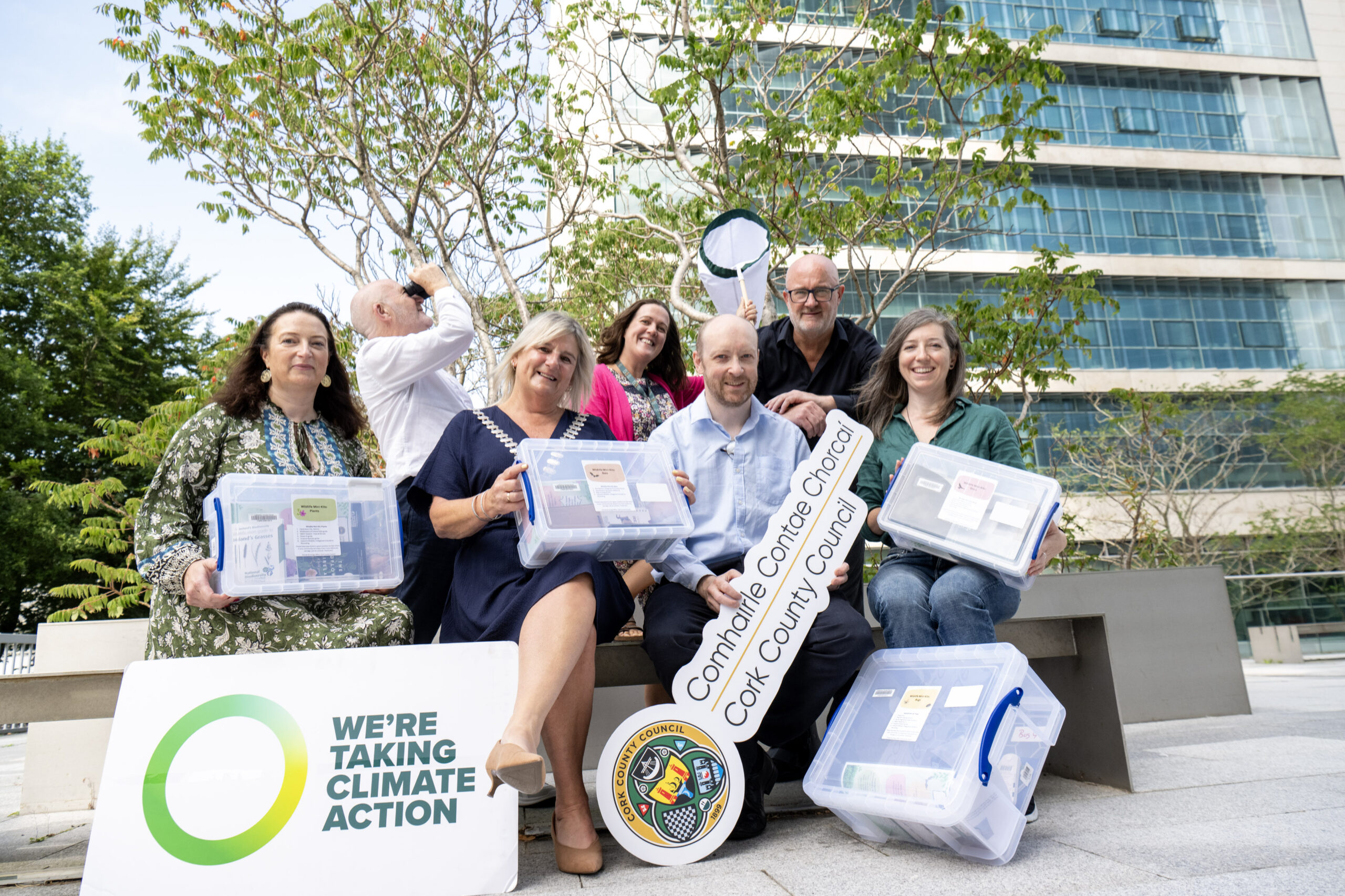Ministers Tackle Fraudulent Claims for Disabled Parking Permits
The legislation will enable prosecution of people making fraudulent applications for disabled parking permits, with penalties being a fine of up to €2,500 and/or up to six months in prison.

From today (27 March), it is an offence to provide false or misleading information while applying for, or renewing, a disabled parking permit.
Disabled parking bays are a scarce resource and are provided on public roads and car parks for drivers and passengers who have severely impaired mobility. The permit is intended to benefit people who are most directly disadvantaged by parking that does not meet their needs. This may be because spaces are inaccessible; too far away from their destination; or too small to allow exit from a vehicle with a wheelchair, walking aid or oxygen equipment. Consequently, misuse of these permits further disadvantages those with disabilities.
In recent years, the Department of Transport has worked closely with An Garda Síochána and the permit issuing bodies, the Irish Wheelchair Association (IWA) and the Disabled Drivers Association of Ireland (DDAI), who have reported rising numbers of fraudulent permit applications. Fraudulent applications include those from individuals who supply false medical information, or attempt to renew a permit for a family member who has died.
The new legislation comes into effect today. It will enable prosecution of people making fraudulent applications for disabled parking permits, with penalties being a fine of up to €2,500 and/or up to six months in prison.
It comes in the wake of previous measures to deter permit fraud. In 2023, the Department made it an offence to use a disabled parking permit other than for the benefit of the person to whom the permit was granted.
Welcoming the introduction of the legislation, Minister for Transport Darragh O’Brien said:
“Permit application fraud is not a victimless crime. Obtaining a disabled parking permit through dishonest means undermines the disabled parking scheme, and compromises the availability of accessible spaces for those who genuinely need them. I welcome the fact that An Garda Síochána now have the appropriate powers to prosecute those who might want to take advantage of the scheme, and I believe that legitimate permit holders will greatly benefit from the deterrent effect of this new offence and penalty.”
Minister of State for International & Road Transport, Logistics, Rail and Ports, Seán Canney said:
“I welcome the introduction of these new measures ensuring the limited resource of accessible spaces are reserved for those who require it the most. Fraudulent application and the misuse of Disabled Parking Permits causes real hardship to people with limited mobility who require these spaces to access vital services and to go about their daily lives.”
Tony Maher, National Transport Manager for the IWA, said:
“The Irish Wheelchair Association welcome this new legislation. Having access to disabled parking spaces is essential for many motorists with disabilities. This legislation will enable the enforcement authorities to ensure that these disabled parking spaces are only used by those with genuine needs. It will, along with recent increases in fines for illegal use of parking permits, greatly assist in the proper management of these very valuable parking spaces.”
Kenneth Fox, Chief Executive Officer of the DDAI, added:
“The Disabled Drivers Association is pleased to see this welcome development. It will be a strong deterrent against the fraudulent applications currently being detected, which are most commonly re-applications in the names of persons already deceased. While fraudulent applications are a very small minority of overall applications, they are still significant and are indicative of the wider misuse of permits by non-holders.The firm penalties associated with the new legislation are a recognition of the real hardship this behaviour can cause people with disabilities.”
This measure was introduced by Section 11 of the Road Traffic and Roads Act 2023 with a commencement date of 27 March 2025.



